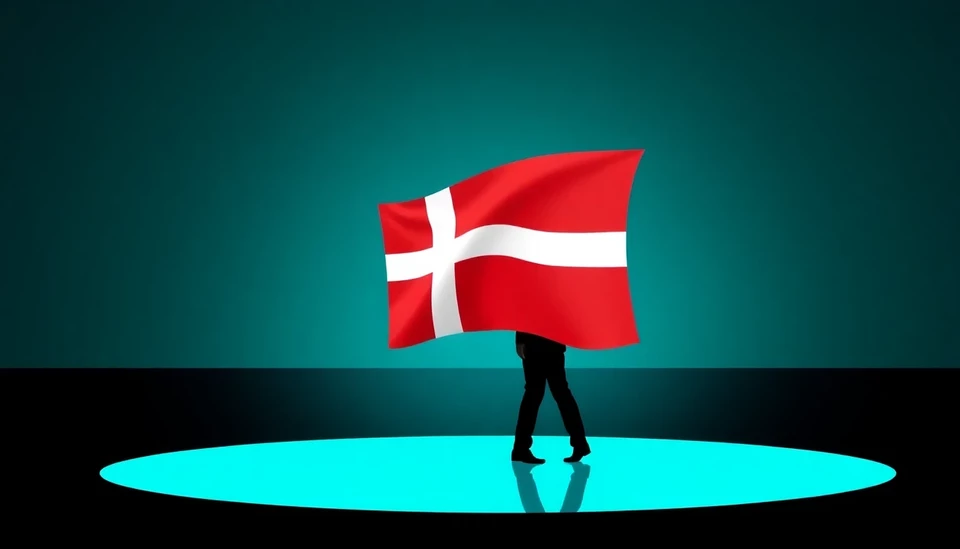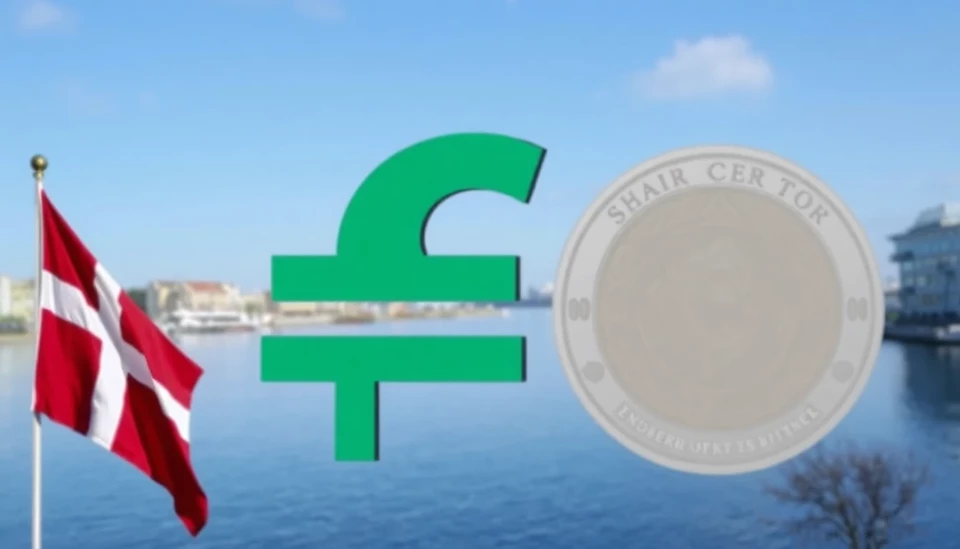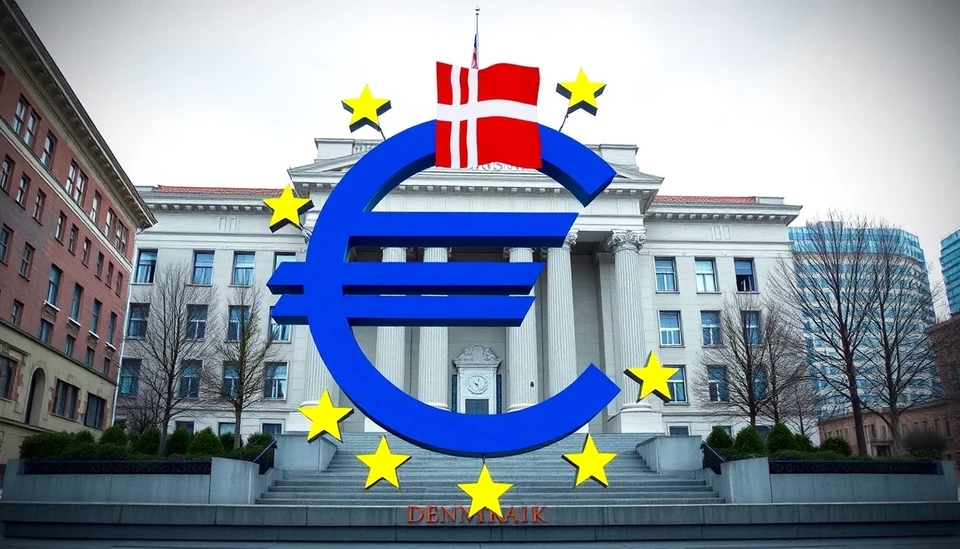
In a strategic move to safeguard the integrity of its currency peg, Denmark's central bank has decided to lower its key interest rate following recent actions taken by the European Central Bank (ECB). This decision comes amid rising pressures that have influenced currency values across Europe. The adjustment reflects Denmark's commitment to maintaining the krone's fixed exchange rate with the euro, especially in times of economic uncertainty.
The Danish National Bank (Danmarks Nationalbank) announced a reduction in its key rate by 25 basis points, bringing it down to 3.0%. This marks the first rate cut since despite previously standing firm in its monetary policy. The decision highlights the challenges faced by central banks in a rapidly changing economic landscape, particularly as the ECB has signaled a willingness to maintain higher interest rates in response to ongoing inflationary pressures throughout the Eurozone.
The context of this rate cut stems from a broader narrative across Europe, where many nations are grappling with soaring inflation rates, leading to aggressive rate hikes by central banks. In contrast, Denmark has opted for this path to ensure that its currency peg remains intact. The krone's stability is crucial for the Danish economy, which relies heavily on exports and foreign investments.
Market analysts had anticipated this move given the ECB's recent decisions, prompting speculation regarding how other central banks would respond. Denmark's proactive stance aims to alleviate any potential volatility in the currency markets and reassure investors about the stability of the krone.
Furthermore, the Danish National Bank emphasizes that the policy is designed to retain the confidence of both domestic and international investors. The bank's actions can be seen as a preemptive measure to cushion the effects of any uncertain economic shocks that might arise from the ECB's trajectory.
This interest rate cut draws attention to a key element of Denmark's monetary policy—its fixed exchange rate policy, which has long been a cornerstone of its economic strategy. The peg to the euro enables Denmark to maintain a stable economic environment, but it also requires vigilant monitoring of neighboring countries' monetary policies to avoid currency misalignments.
As the economic landscape evolves, analysts will be closely monitoring the outcome of this decision and its implications for Denmark's financial stability. The interplay between local and European economic policies will undoubtedly continue to shape Denmark's approach to its interest rate decisions in the future.
#Denmark #CentralBank #InterestRateCut #CurrencyPeg #Eurozone #EconomicPolicy #Finance #BankingCommunity #Inflation #DanishEconomy
Author: Laura Mitchell




